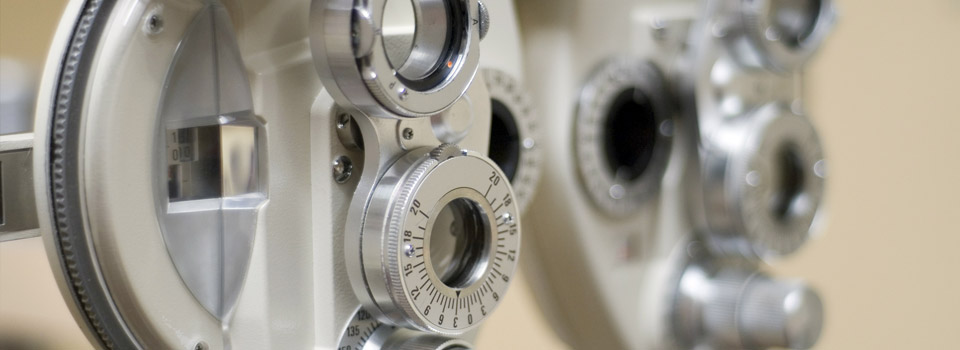Ah… the golden years… when that retirement time gets filled with monitoring health concerns! I’ll touch on three common eye diseases that can affect people as they age: cataracts, glaucoma, and macular degeneration.
A cataract is a term for the clouding of the lens in the eye, a process that happens as we age. I always say, if you have enough birthdays, you will get cataracts at some point along the way! The symptoms of cataracts include blurry of hazy vision, glare or star-bursting of lights at night, and the need for more light when reading or sewing. When a cataract interferes with your vision - negatively impacting your life - the cataract can be surgically removed. In this procedure the entire natural lens is removed and replaced with an artificial lens. In this way, cataracts are quite easily treatable.
Glaucoma is an eye disease, associated with increase eye pressures, which can slowly cause vision loss, starting with the peripheral vision and moving inwards towards the central vision if untreated. Glaucoma is often referred to as “the silent thief of vision”, because there really are no symptoms until the very late stages. Glaucoma is treatable - it can be managed, though not cured, by taking medicated eye drops or laser treatments to lower the pressures. The only way to detect glaucoma is to have regular eye examinations with your optometrist.
Macular degeneration is an eye disease in which there is a breakdown of the tissues of the retina that are responsible for our central, most detailed vision. It can cause blurred or distorted central vision, affecting our ability to read, drive or see faces, while the peripheral vision remains unaffected. Two types of macular degeneration: dry and wet. There is no cure for either type. Dry AMD is often managed with lifestyle modifications: stopping smoking, reducing UV exposure, and adding vitamin supplements and exercise. Wet AMD may additionally require injections into the eye of a medication that stops leaking blood vessels.
When it comes to keeping our eyes healthy as we age, there are a few important things you can do. The most important is to have regular examinations so that eye disease can be detected early, and treated as early as possible, to minimize their impact on your life. Lifestyle choices are also important: protecting your eyes from UV by wearing sunglasses, not smoking, getting regular exercise, and maintaining a good diet. When it comes to nutrition, try to get lots of antioxidant vitamins in your diet by eating brightly colored fruits and vegetables, and dark leafy greens. Omega 3 oils from fish oils or flax oils are also important. Many of us do not get enough Omega 3’s in our diet, and taking a supplement is often a good idea. Omega 3s are also helpful for managing symptoms of dry eyes.
I recommend yearly eye examinations with your Doctor of Optometry for people in their “golden years”. Prevention and early diagnosis can be key to long-term healthy eyes.
Dr. Lisa Scharf, OD


